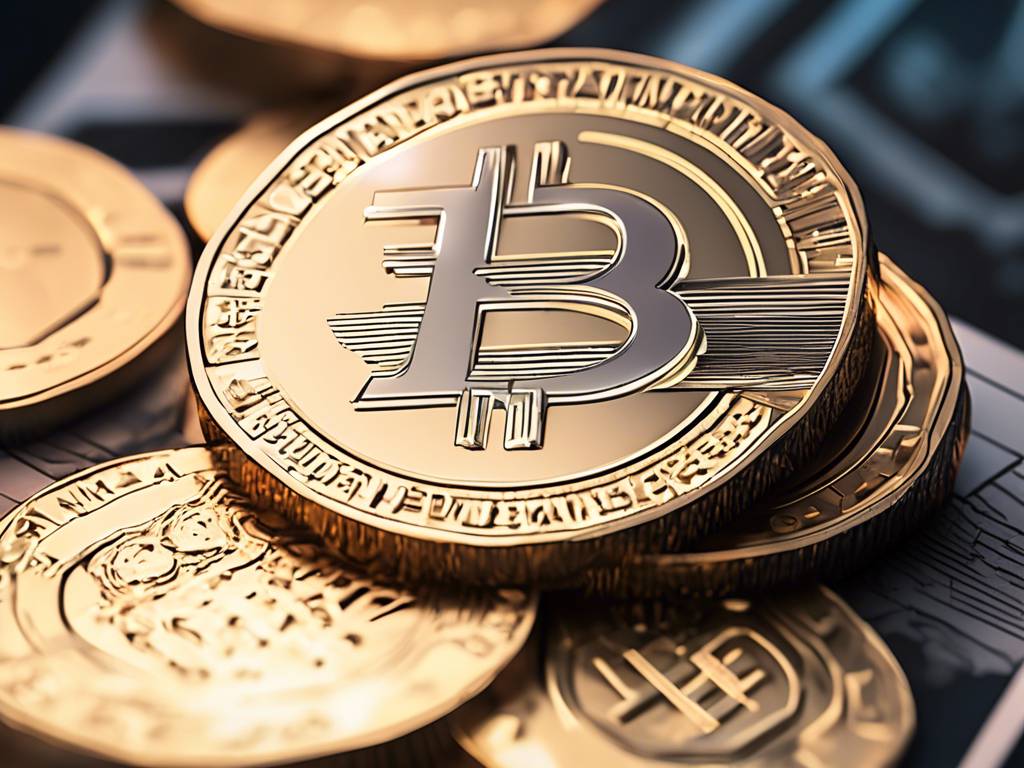IMF Urges Nigeria to Regulate Crypto Trading Platforms
The International Monetary Fund (IMF) has recommended that Nigeria takes steps to regulate crypto trading platforms in light of recent developments in the African nation. According to a United Nations staff report, the regulation of these platforms is crucial to ensure accountability and compliance with established financial regulations.
The report suggests that global crypto trading platforms operating in Nigeria should be registered or licensed and be subjected to the same regulatory requirements as other financial intermediaries. This approach follows the principle of same activity, same risk, and same regulation, aiming to bring transparency and oversight to the crypto sector.
Main Points from the IMF Report
- IMF recommends registering and licensing global crypto trading platforms in Nigeria
- Platforms should be subject to the same regulatory requirements as financial intermediaries
- Same activity, same risk, and same regulation principle should be applied
Nigeria has been facing significant economic challenges in recent months, with its economy slipping to fourth place in Africa. Despite this, the IMF report highlights the importance of stabilizing the country’s currency and implementing necessary reforms to address the current financial crisis.
Recent Developments in Nigeria’s Crypto Sector
Nigeria has intensified its efforts to regulate digital assets and crypto-related activities. The government is set to ban peer-to-peer payment systems in an attempt to curb potential manipulative practices within the crypto space. Additionally, officials have raised concerns about illicit financial flows associated with cryptocurrencies.
Allegations Against Binance Executives
- Nigerian Central Bank Governor Olayemi Cardoso alleged $26 billion worth of illicit flows through Binance Nigeria
- Two Binance executives, Nadeem Anjarwalla and Tigran Gambaryan, were detained on money laundering and tax evasion charges
The arrest of the Binance executives has raised questions about the legality of the crackdown on crypto exchanges in Nigeria. Despite the ongoing tensions, there have been reports of attempted secret settlements between the exchange’s employees and Nigerian officials, indicating a complex situation surrounding regulatory compliance.
Future Outlook for Crypto Regulation in Nigeria
In light of the IMF’s recommendations and the growing scrutiny on crypto activities in Nigeria, the country may witness an increase in foreign crypto exchanges looking to operate within its regulatory framework. By implementing robust regulations and oversight mechanisms, Nigeria aims to create a more secure environment for crypto trading and investment.
Hot Take: The Road Ahead for Crypto Regulation in Nigeria
As Nigeria navigates the complexities of regulating crypto trading platforms, the IMF’s guidance serves as a pivotal step towards establishing a more transparent and accountable financial ecosystem. By addressing illicit flows and ensuring compliance with regulatory standards, Nigeria can foster trust and confidence in its crypto sector.
**Sources:**
– [IMF Report](#)
– [Nigerian Central Bank Statement](#)
– [Binance Official Response](#)





 By
By
 By
By
 By
By
 By
By

 By
By